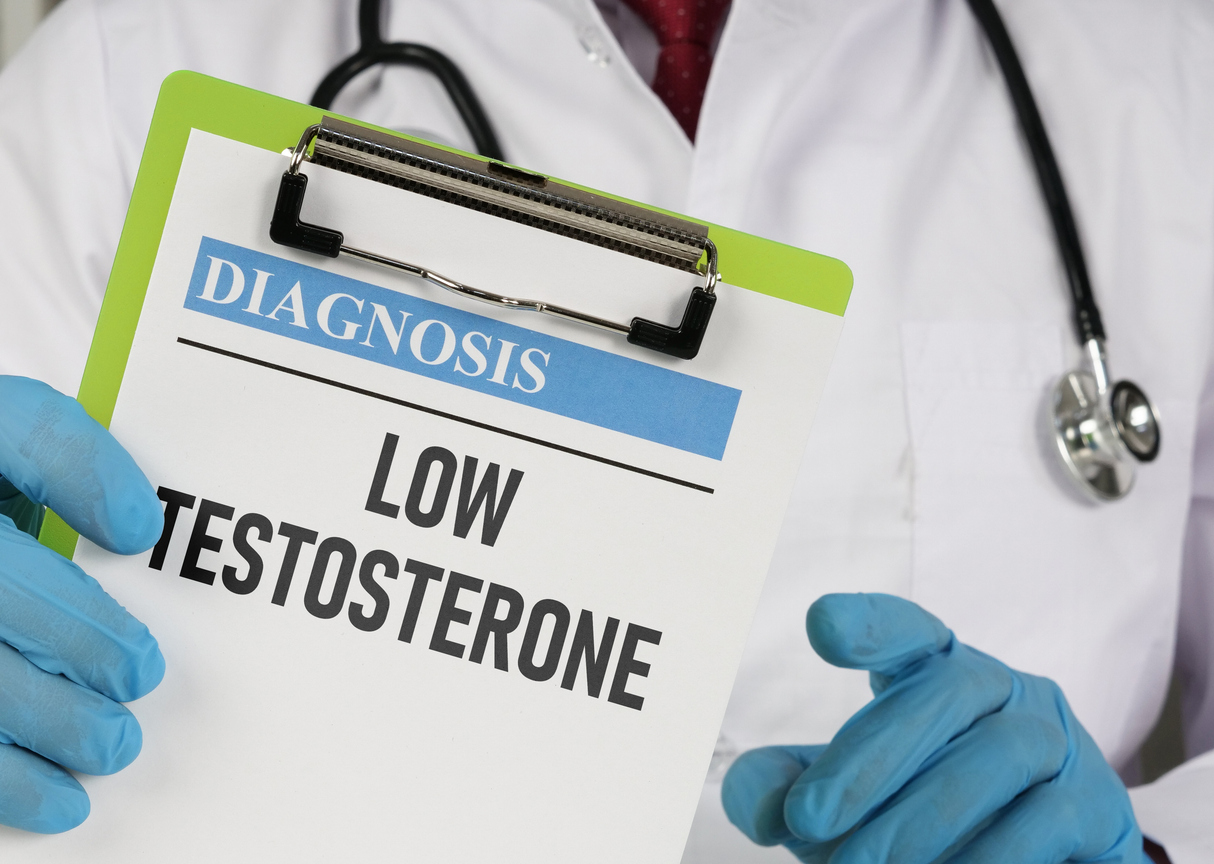Weight loss is a journey that requires dedication, patience, and strategy. One such strategy, often overlooked, is keeping a food journal. It might sound simple, but the power of writing down what you eat should not be underestimated. In fact, the literature is rich with studies that support the efficacy of food diaries in promoting weight loss.
A study published in the American Journal of Preventive Medicine found that participants who kept food diaries lost twice as much weight as those who did not keep records of their food intake. This highlights the importance of self-monitoring in weight management and reinforces the notion that what gets measured gets managed.
So, how does keeping a food journal promote weight loss?
1. Increased Awareness: Writing down every morsel you consume makes you more aware of what you are eating. This can help identify patterns and triggers, such as emotional eating or overeating at certain times of the day.
2. Accountability: Seeing your food intake in black and white can be a powerful motivator. It keeps you accountable for your choices and encourages healthier eating habits.
3. Portion Control: A food diary can help you understand portion sizes better. Often, we underestimate the amount of food we eat. Keeping a journal can help correct portion distortion, leading to more mindful eating.
4. Identifying Nutritional Gaps: A food journal can reveal deficiencies in your diet. You may discover that you’re not getting enough of certain nutrients, prompting you to adjust your diet accordingly.
5. Emotional Connections: A food diary can also help identify any emotional connections to food. You may notice that you reach for sugary snacks when you’re stressed or eat more when you’re feeling lonely. Recognizing these patterns is the first step towards breaking unhealthy habits.
In conclusion, keeping a food diary can be an effective tool in your weight loss journey. It encourages mindfulness, accountability, and empowers you to make healthier choices. However, remember that every individual is unique and what works for one might not work for another. It’s all about finding the right balance and strategies that work best for you.
Stay healthy, stay motivated, and remember – every step you take is a step closer to your goal!
At Apex Hormone Health, we prioritize evidence-based medicine, staying abreast of the latest research. If you’re seeking to optimize your health and regain a sense of balance, consider reaching out to Apex Hormone Health. Together, we can embark on a personalized journey toward improved well-being and vitality.
Contact us through our website: www.apexhormonehealth.com
Call or text: 720-856-0200
References:
Hollis, J. F., Gullion, C. M., Stevens, V. J., Brantley, P. J., Appel, L. J., Ard, J. D., Champagne, C. M., Dalcin, A., Erlinger, T. P., Funk, K., Laferriere, D., Lin, P. H., Loria, C. M., Samuel-Hodge, C., Vollmer, W. M., & Svetkey, L. P. (2008). Weight loss during the intensive intervention phase of the weight-loss maintenance trial. American Journal of Preventive Medicine, 35(2), 118–126. https://doi.org/10.1016/j.amepre.2008.04.013






